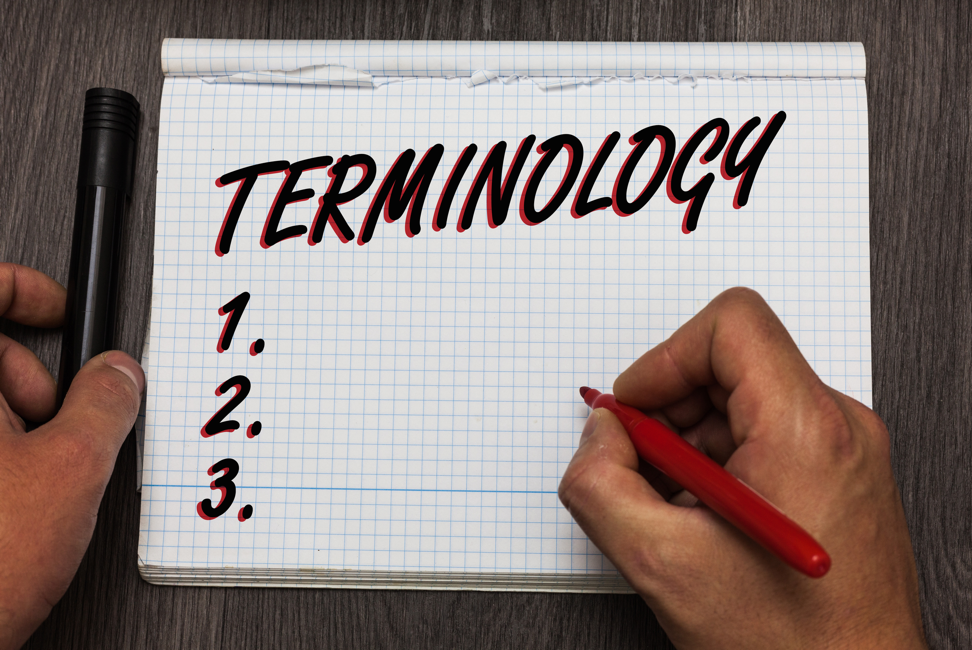Every personal injury case is unique, but you’ll hear common terms that may be confusing, often referred to as legalese. Your Los Angeles personal injury attorney will explain everything. While your main focus is to get compensation for your injuries, medical costs, loss of work, etc., these legal terms can help make the process seem less intimidating and ambiguous.
- Plaintiff: The person who files the lawsuit or otherwise brings legal action. If your filing a case and have been injured in an automobile accident, you would be the plaintiff.
- Defendant: The complaint filed by the plaintiff is brought upon the defendant, or the party allegedly liable for your injuries and hardship resulting from an accident.
- Damages: As a plaintiff, damages are what you are seeking to recover; economic damages include wage losses, medical expenses, and other quantifiable damages, while non-economic damages include pain and suffering.
- Prayer for Relief: A part of the complaint, this refers to the information stating how much money you expect to receive.
- Preponderance of Evidence: The evidence needed to win the case; the proof you present must be more convincing than what the defendant states.
- Statute of Limitations: A time limit set by law, during which you can file a lawsuit; usually you have two to three years to file a personal injury claim, but this varies from case to case.
- Assumption of Risk: If you engaged in a risky action, knowing the dangers, you assumed the risk and can’t pursue monetary damages from someone you believe is responsible.
- Standard of Care: Refers to the degree of care a reasonable person would have taken under the same or similar circumstances; it’s often applied to medical malpractice lawsuits.
- Negligence: A defendant fails to act with reasonable care or is completely careless; it is proven if the defendant had a duty or obligation to the plaintiff, violated that duty, the breach caused damage, and there are actual damages.
- Tort: A wrongful act or infringement (not a crime or an act arising from a contract) leading to injury or property damage; negligence is one form of tort associated with personal injuries.
- Burden of Proof: If you’re making allegations against a defendant, you have an obligation to prove them true, or more likely true than not. Different thresholds of proof apply depending on the type of case.
- Premises Liability: A property owner’s or occupier’s legal responsibility to compensate individuals injured on their premises; a good example is a spill causing a slip and fall injury, which the plaintiff can sue the property owner for.
- Strict Liability: A form of liability for acts or injuries regardless of fault; for example, if a farmer’s cattle damages a neighbor’s crop, they are liable. Product liability is also a form of strict liability.
- Contributory Negligence: Also called comparative fault, it’s often stated as a percentage; you may be partially at fault by ignoring a barrier blocking off a spill—you may or may not be allowed to collect damages, depending on your state’s laws.
- Proximate Cause: The main reason for a damage or an injury, which it would not have happened without; the injury must be found to be a natural occurrence of the misdeed or event in question.
The Los Angeles personal injury attorneys at Law Offices of Jacob Emrani can help you navigate every aspect of a legal case and provides legal services to all of California. To get in touch with a Los Angeles personal injury attorney, contact us today.



